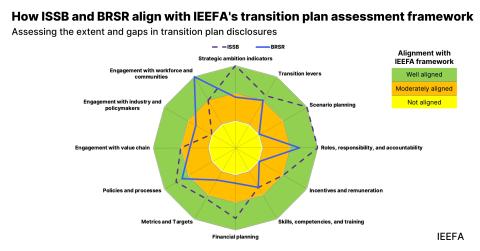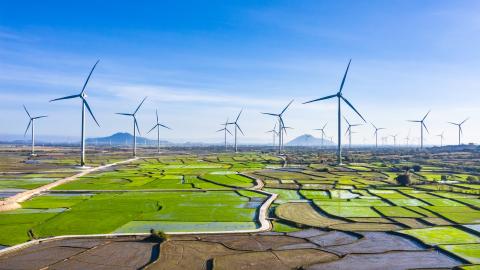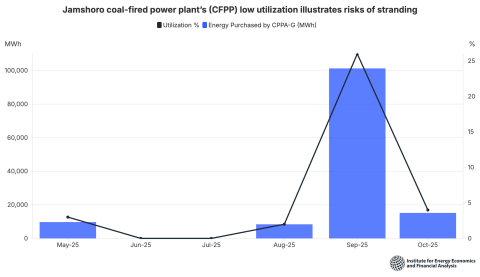KEPCO's Recent Green Bond Failed the ESG Market Test
Download Full Report

Key Findings
Korea Electric Power Corporation’s (KEPCO’s) recent green bond failed to attract leading sustainable investors, despite being 10 times oversubscribed.
Concerns around KEPCO’s management of ESG issues and the company’s ongoing investment in overseas fossil fuel projects are red flags for serious ESG investors.
KEPCO and other companies that have decided to pursue a greener business model need to work harder to demonstrate to the market that they are taking the right steps to align with ESG investors.
Executive Summary
When a green bond is oversubscribed by a factor of 10, it is usually considered a very successful placement—but a closer look at the holdings of Korea Electric Power Corp.’s (KEPCO) recent green bond indicates the picture isn’t as rosy as it might seem.
In June 2020, KEPCO took what appeared to be a positive step forward and issued a green bond, raising US$500m from overseas financial markets.
According to its Green Bond Framework, the company’s new strategy involves “focusing its resources on creating a clean and efficient energy ecosystem as part of its effort to cut down greenhouse gas emission[s]”.
For investors who are not familiar with KEPCO’s role in Asian power markets, this language aligns nicely with South Korea’s domestic shift toward renewable energy.
While KEPCO’s green bond was oversubscribed, IEEFA’s analysis found that the mix of bondholders lacked breadth compared to other recently issued utility company green bonds, and many seasoned environmental, social and governance (ESG) investors passed on the issuance.
Many of the well-regarded ESG investors—both asset owners and asset managers—have committed significant resources to mapping their ESG research disciplines to new green bond strategies. This work brings together issuer-focused ESG research with a knowledge of fixed income markets, and the intricacies of green bond taxonomies and bond terms.
This is where KEPCO’s green bond missed the mark.
Based on holdings data and IEEFA’s own market engagement, it appears that the leading green investors were unconvinced by the state-owned company’s overall strategic direction related to climate risk management, with its recent track record of inconsistent and ambiguous investments and policies.
Experienced ESG green bond investors are particularly reluctant to fund a company’s “green projects” while the company has significant new coal projects in the pipeline.
This concern has particular relevance in KEPCO’s case. KEPCO has been a target of unusually active equity investor engagement in 2020 due to its poor management of ESG fundamentals and its commitment to ongoing investment in overseas fossil fuel projects.
Unlike equity holders, however, bond holders typically do not have the remit for ongoing engagement with issuers on operational matters post issuance, except in the event of default.
ESG-aware, fixed-income investors looking at KEPCO’s green bond would have been aware of the fact that in May 2020 notable KEPCO shareholders, including BlackRock and the Church of England, publicly urged KEPCO to cancel new coal-fired projects and demanded it establish a clearer strategic direction.
This group of investors would not have been surprised that only a few weeks after the green bonds were oversubscribed, KEPCO confirmed it would be investing in new coal power plants, Jawa 9 and 10 in Indonesia and Vung Ang 2 in Vietnam.
Coal is the worst kind of fossil fuel in terms of its contribution to the climate crisis. KEPCO’s ongoing investment in fossil fuels is not only inconsistent with the company’s green ambitions but also damages the credibility of the Korean government’s Green New Deal which was announced in July 2020 and which is supposed to phase out coal financing.















